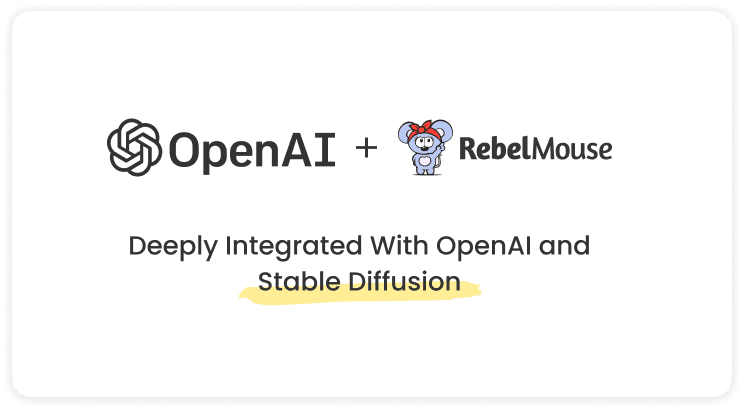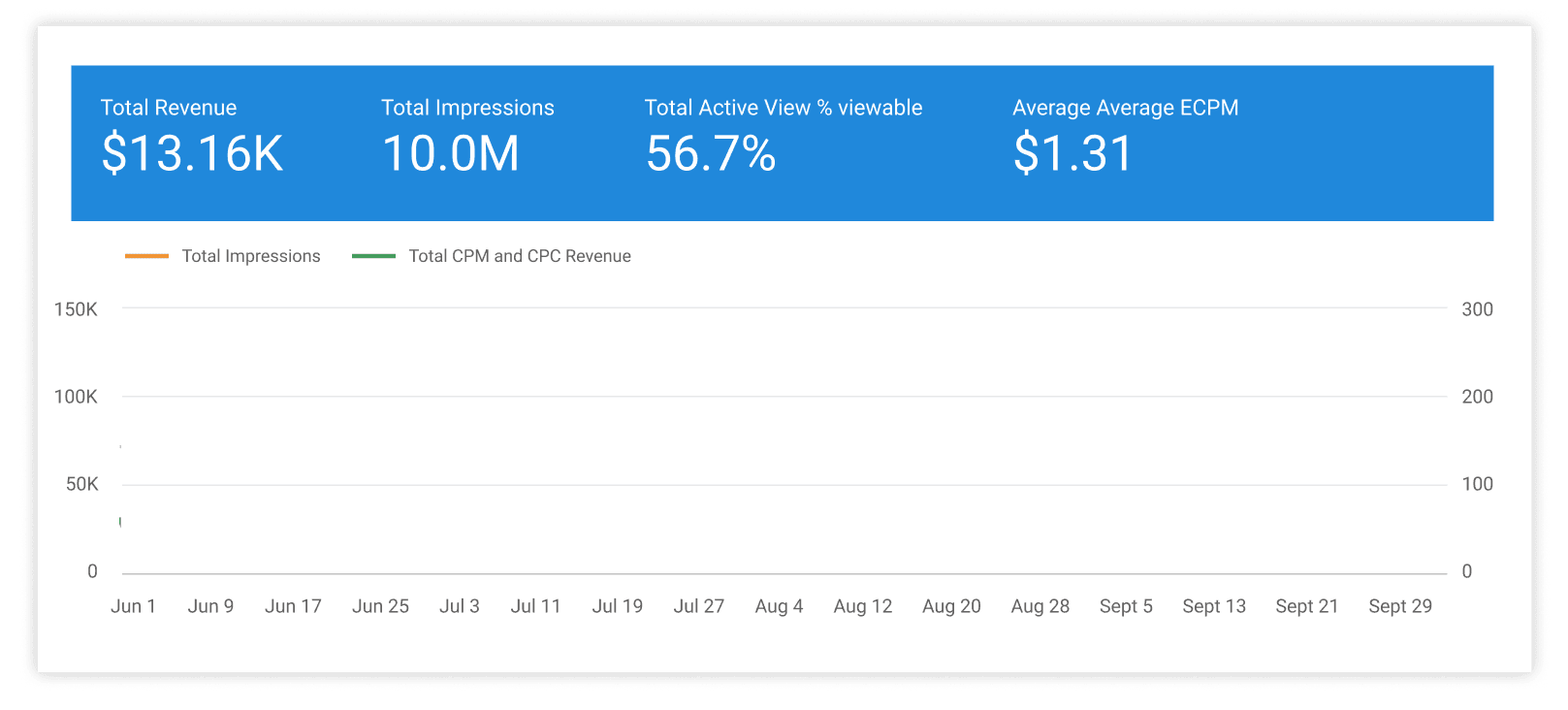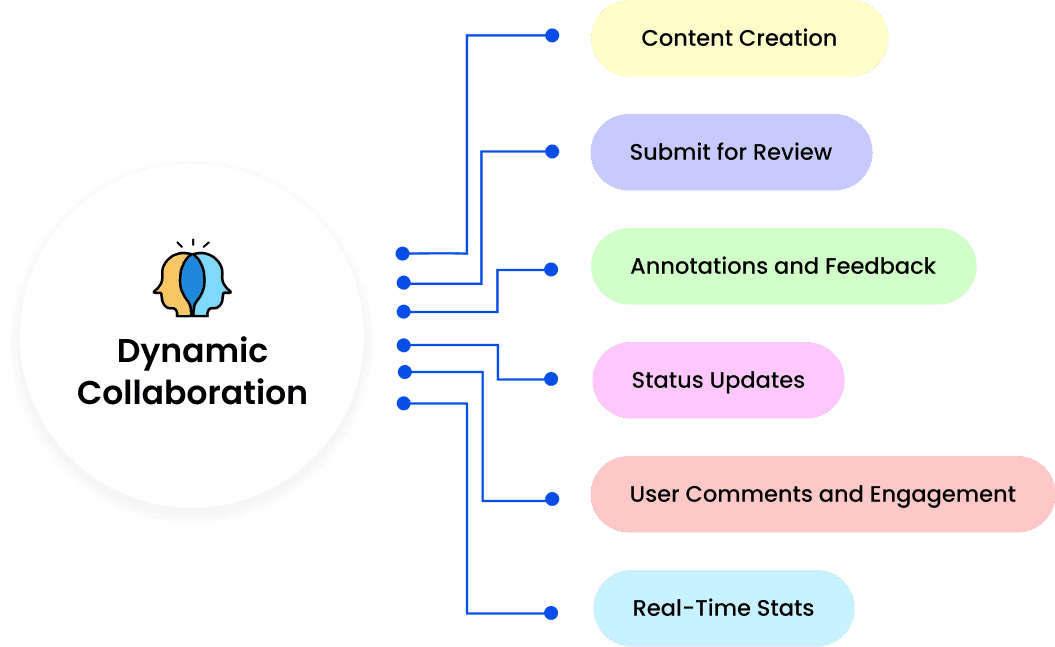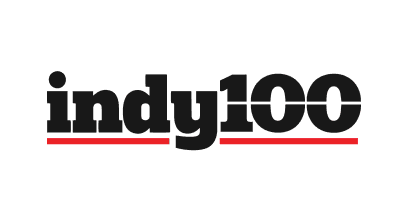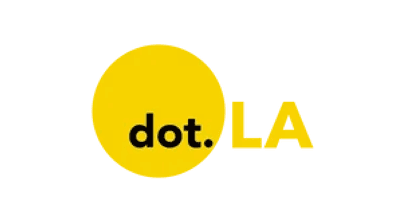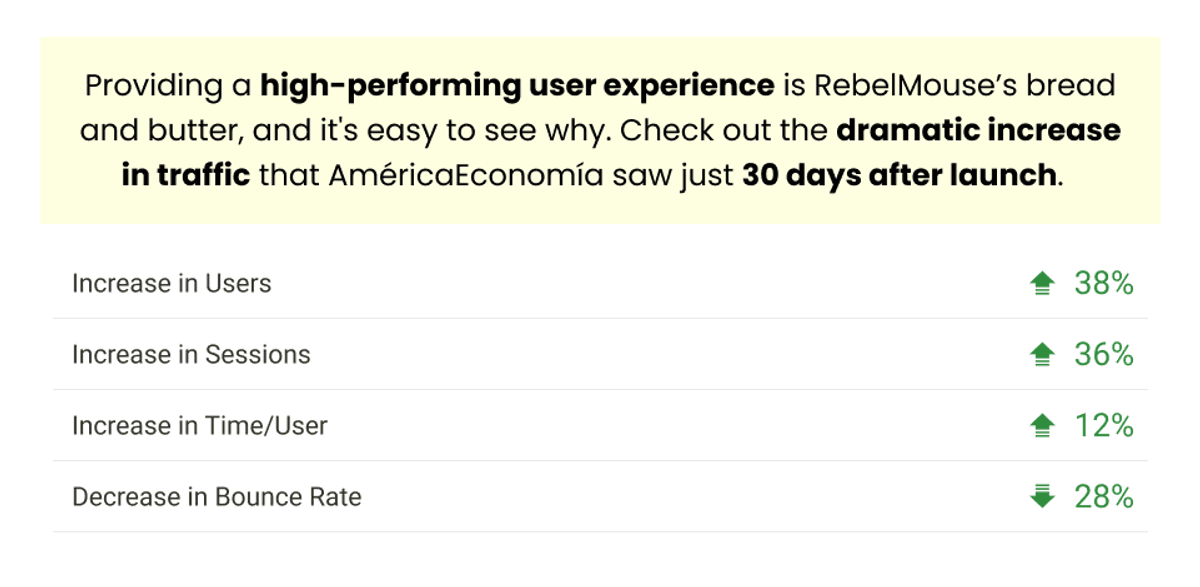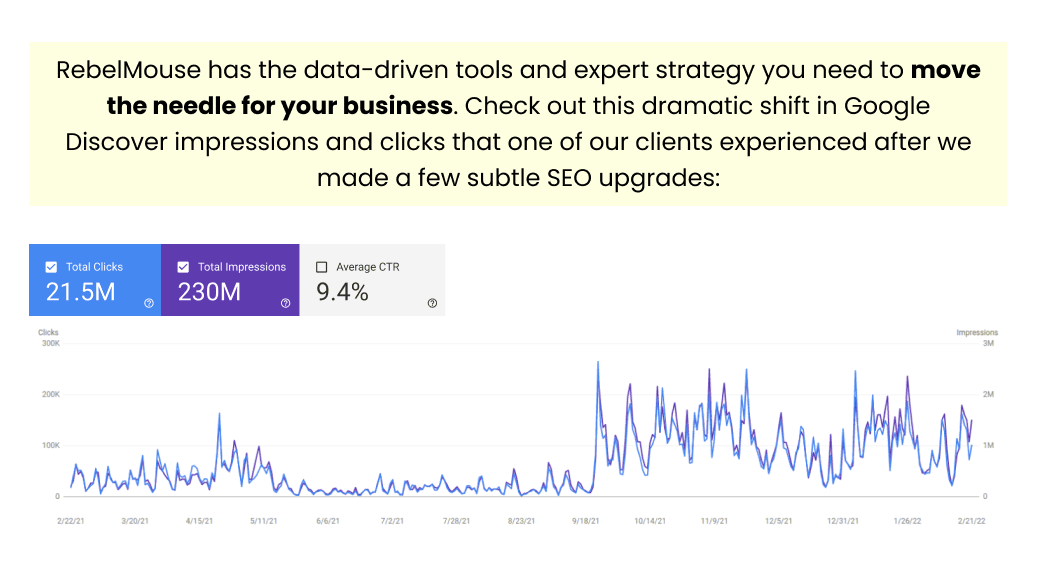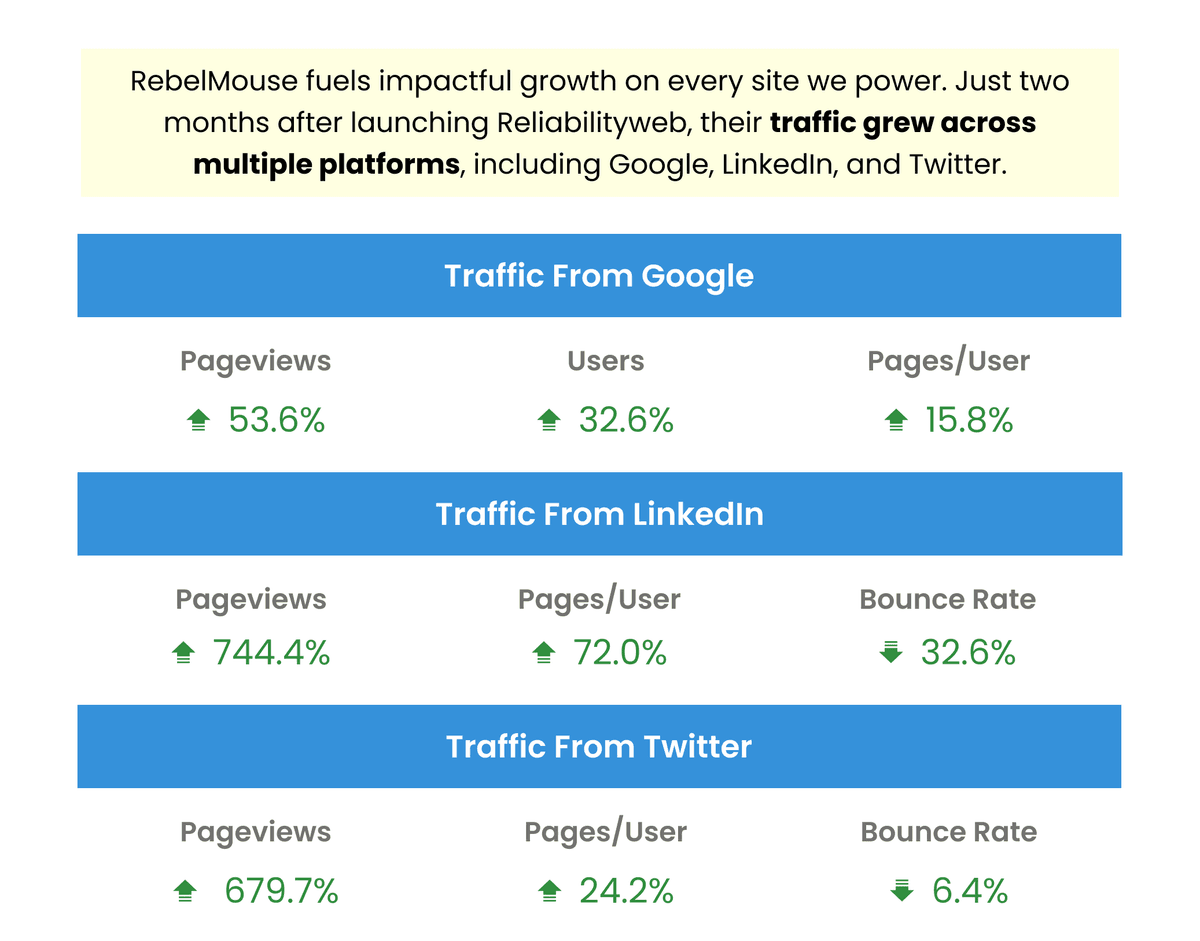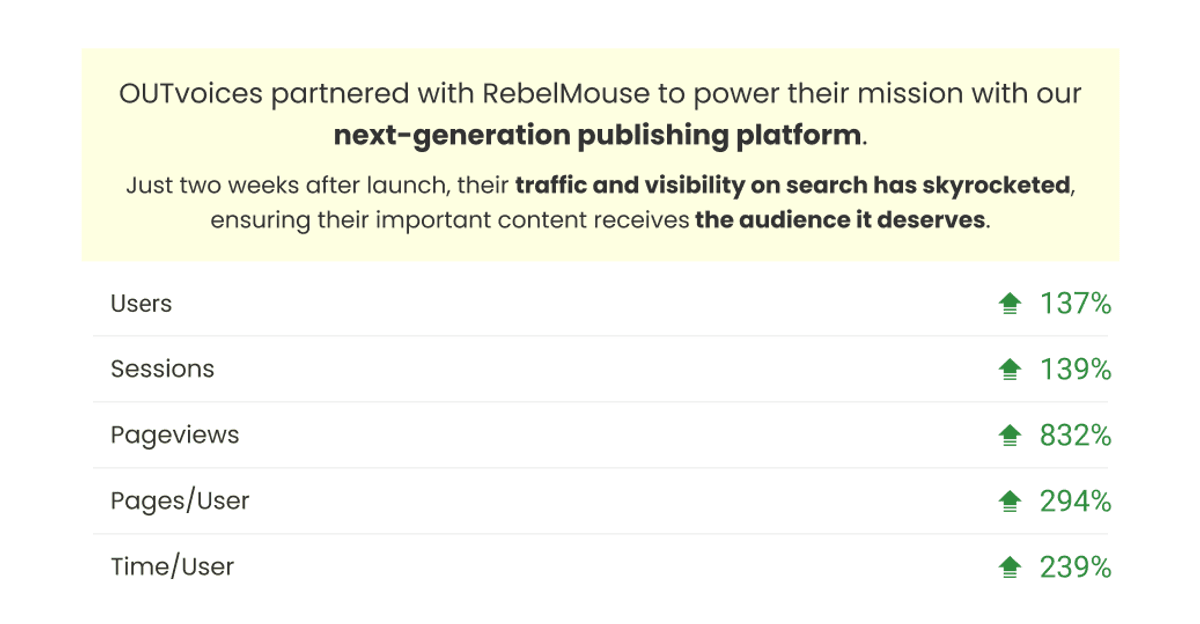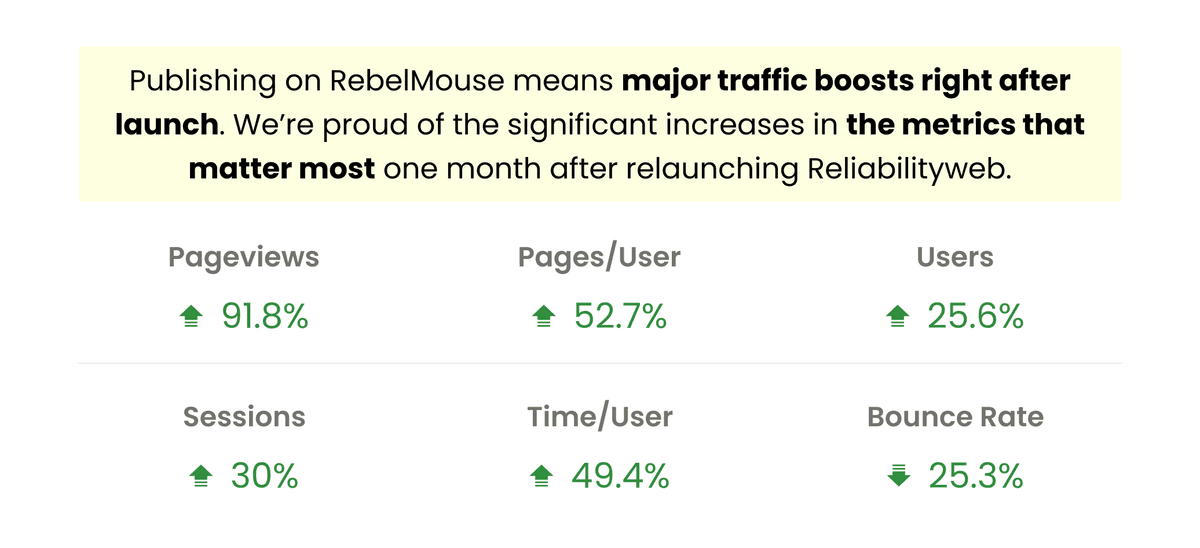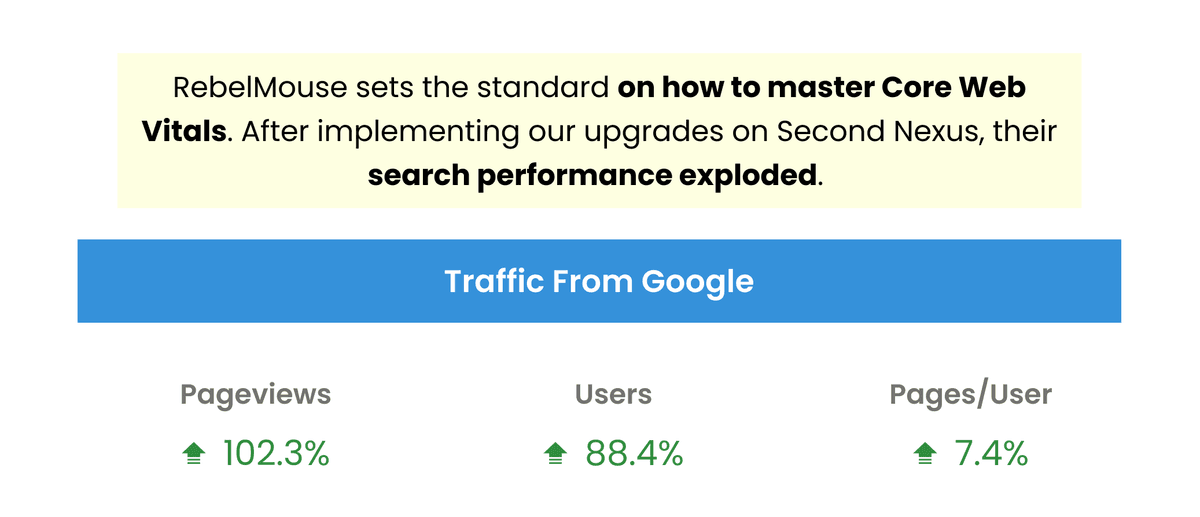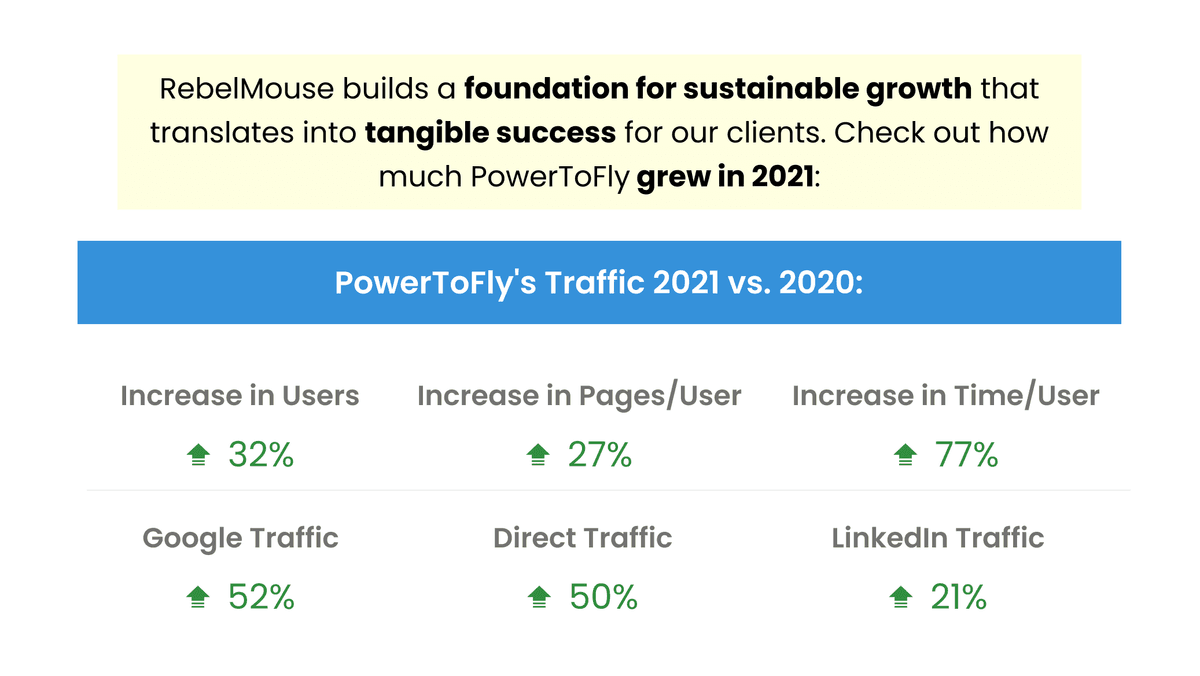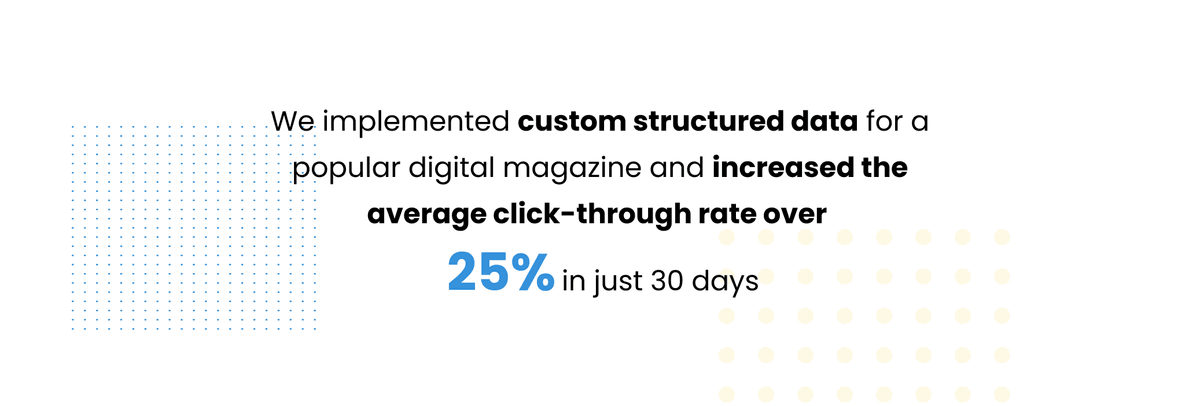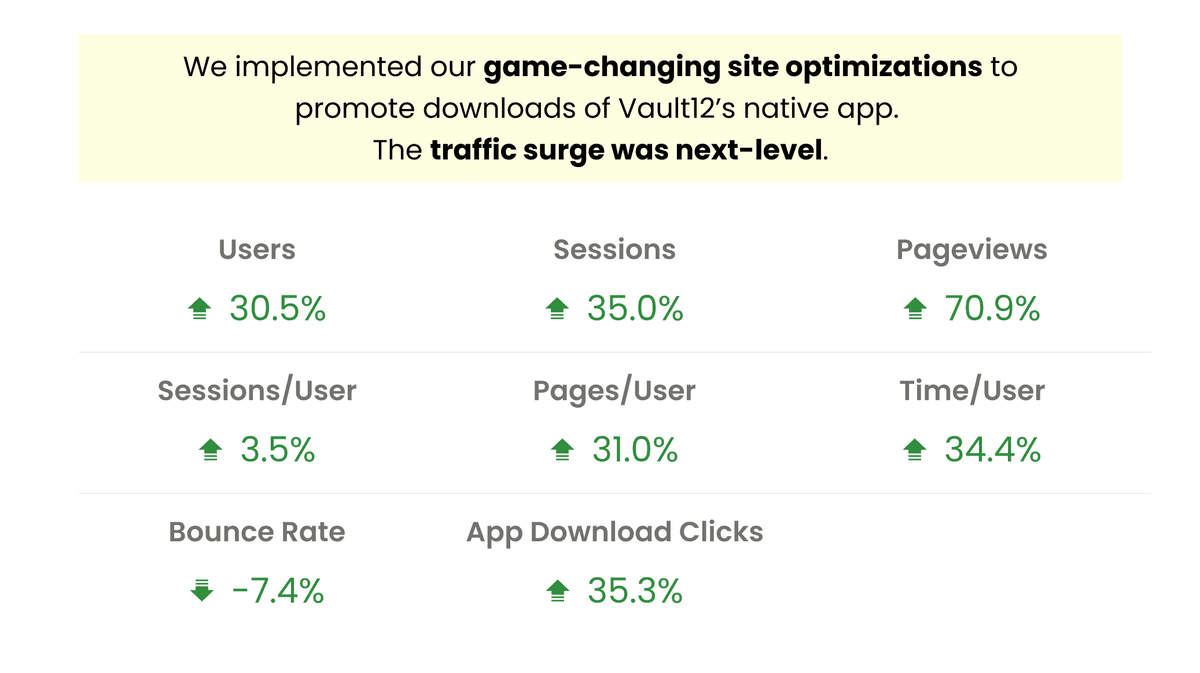Here Are All the Changes Facebook Has Made Since the Cambridge Analytica Scandal
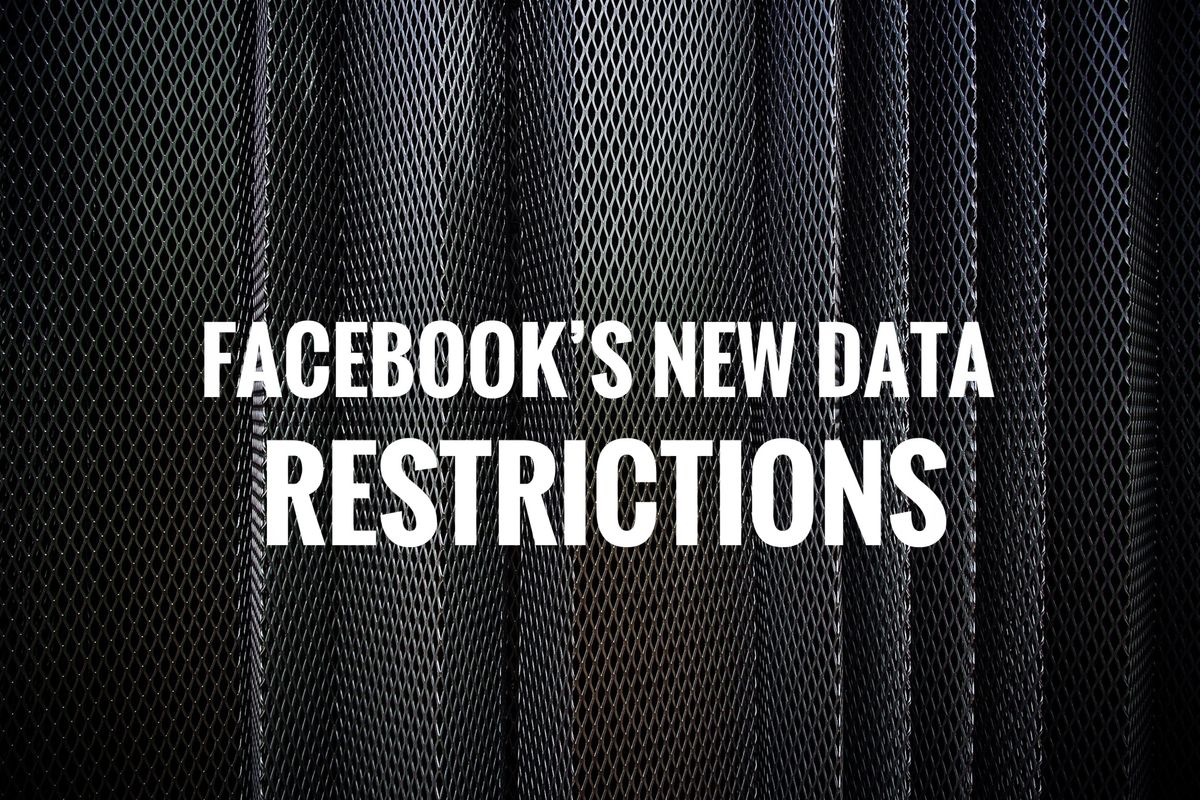
As a direct result of the Cambridge Analytica user information scandal , Facebook announced plans to restrict data access on their platform. In what Facebook promises will be "many changes" in the coming months, the platform started by cutting off API access to Events, Groups, Pages, and Instagram for new developers. If a new developer wants to gain access to these APIs, they must first submit a request for a formal app review.
Part of these API changes is a new access token requirement for app developers. The new rules require user access tokens to be renewed every 90 days . For example, if you use your Facebook account to make dinner reservations on OpenTable, that requires a Facebook token. These tokens can only be renewed with the consent of the user using the app.
Facebook also announced that they will make changes to the following features :
- Search and Account Recovery: Facebook is suspending the feature that allowed you to search for people via phone numbers and/or email addresses. This is to help prevent malicious people from scraping public profile information if they already have your contact details.
- Call and Text History: For users who use Messenger or Facebook Lite on Android, this is an opt-in feature that puts the people you most frequently communicate with at the top of your contact list. Facebook uses call and text history data to make these determinations. Now Facebook will only upload the information needed for this optional feature, and no other broad data — such as the times that calls take place — will be collected. All logged data needed for the feature to work will be removed from its servers after one year.
- Data Providers and Partner Categories: Facebook will shut down its Partner Categories product. As we reported on March 28, 2018, this allowed third-party data providers to offer audience targeting directly on the platform.
- App Controls: On April 9, 2018, Facebook started showing people what information they've shared with third parties through apps. Users can also check to see if their information was shared with Cambridge Analytica.
You may have seen this app control at the top of your Facebook News Feed recently.
What Do These Changes Mean for You?
In the short term, expect bugs around any app you use that uses permission settings from Facebook. This could be anything from Spotify to Tinder, the latter of which actually went down for a few hours after the API changes were pushed live.
For developers, this means even more red tape to gain access to Facebook's platform, which could cause some features and products you use every day to be shut down temporarily — or even permanently.
In the long term, expect more changes like this to be rolled out by Facebook and other social platforms. While these privacy changes may temporarily upset your user experience, they're designed to protect your information so it's (hopefully) never compromised again. The best thing you can do in the meantime is take proactive steps to protect your own data .
Facebook makes a lot of algorithm and platform updates, sometimes daily. At RebelMouse, we keep track of them so you don't have to. You can find a timeline of 2018 updates here . We do the same for Google as well.
























